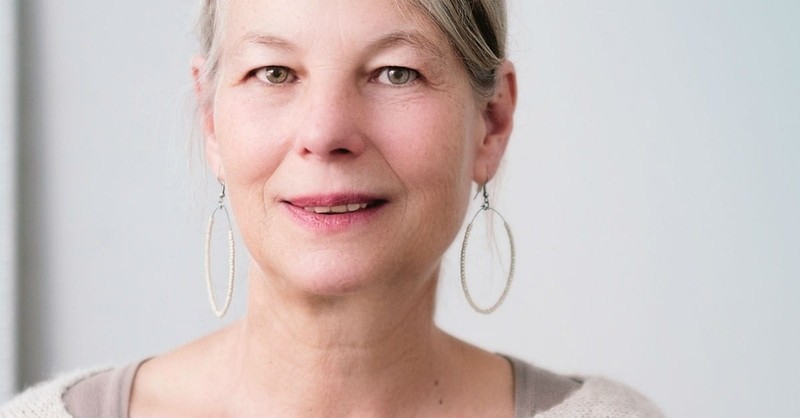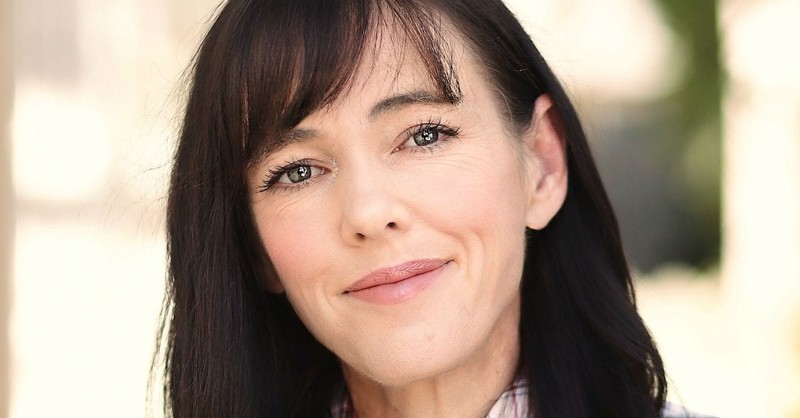
My mother-in-law’s health declined rapidly in the nursing home until she reached 90 pounds and became barely responsive. We brought her home to die among loved ones.
But she responded to one-on-one care, gained weight, and became clear-headed when we took her off narcotics. She has been with us for almost five years now. She is what the therapists call a “total assist”: she can’t walk, feed herself, go to the bathroom on her own, or turn herself in bed. She sleeps 20 or more hours a day and rarely speaks.
We’ve experienced a range of emotions during caregiving. We’re truly happy that she responded well, that she is in a place she prefers, and that we can be with her more. We love her and want the best for her. We’re glad to pay back a fraction of the care she has displayed for others.
But we wrestle with negative emotions as well. Sadness from her decline, the loss of the person we knew, the knowledge that she’s going to get worse, planning funeral arrangements. Frustration when she doesn’t want to eat a carefully prepared meal, when the aide can’t come, or when family members don’t keep in touch. Weariness over the everyday duties and weight of responsibility. Pressure from the needs of family, work, finances, and other obligations.
But the one I’ve wrestled with the most is resentment and its accompanying guilt.
Photo Credit: Thinkstock

"I find myself thrust in a role for which I don’t feel gifted"
Though I want my mother-in-law to be well-cared for, I have never been good with or felt inclined to the hands-on type of caregiving she is in need of now. I find myself thrust in a role for which I don’t feel gifted.
My mother-in-law’s needs and the expense of a trained aide means we’re tied down. My husband and I only go out for dinner two or three times a year. We’ve had to set aside social functions, personal projects, and even ministries. When my grandson spent months in the NICU, we were limited in how much we could be with and help my son and daughter-in-law. We could never go together to visit them. We know God used it to help them depend on Him, but we still wish we could have been more available. (My grandson is four now and doing great, despite his shaky early beginning).
Though I love and miss our kids, I had my own plans for the empty nest years: writing that book, sewing up that fabric stash, enjoying all my newfound free time.
Photo Credit: Thinkstock

"I feel my introvert sanctuary has been invaded"
While I appreciate hospice and caregiver services, I feel my introvert sanctuary has been invaded by so many people coming through my home. Sometimes they don’t call before they come or don’t arrive when planned, disrupting schedules.
For my own mental health and spiritual peace, I’ve searched for ways to combat resentment. I say “combat” rather than “overcome” because, although I’d like to repent of my bad attitude one time and banish it forever, I’ve found I have to go over these things periodically. I guess that is part of living with a selfish sinful nature and regularly needing to renew my mind.
Photo Credit: Thinkstock

Care for Yourself Too
Everything seems worse if I’m sleep-deprived or not eating right, so I take care of my health. My husband and I feel free to talk honestly with each other. He’s not offended that I get frustrated sometimes. I talk to friends who have cared for loved ones, and knowing that they understand helps immensely. Occasionally, we’ll hire someone to stay with my mother-in-law so my husband and I can have an outing.
I remind myself that caring for a loved one at home was the norm before assisted living facilities and nursing homes became widespread. Some of my friends’ parents have been bitter, uncooperative, even combative at the end of their lives. Thankfully, we haven’t faced this.
Photo Credit: Unsplash

Lean on the Lord
But what helps me most is God’s Word. Though we need to rely on God’s help, grace, and strength even for those areas where we feel He has gifted us, there’s nothing like being totally out of our element to make us lean on Him and plead for His enabling like never before. God promises His strength in our weakness. He provides, not in one fell swoop of making us “feel” qualified, but in the day-by-day ministrations from Him through us. I need to serve and love others in the way they most need it, not in the way I am comfortable showing it.
Photo Credit: Unsplash

Remember a Biblical Perspective
The Bible reminds me that I belong to Him, and my home, time, schedule, plans, and dreams are His. Scripture is replete with instructions to aid family, widows, the weak and helpless. It tells me to treat others the way I would want to be treated. My mother-in-law is worthy of loving care not just because I am related to her and because she has served her family well, but because she is God’s child made in His image. Our treatment of others is in essence our treatment of Him. Even Jesus performed the duties of a servant. I’m to serve Him by serving others.
Photo Credit: Unsplash/Priscilla du Preez

"He can help me to go beyond just acting out of duty, but can enable me to serve with joy."
One friend who cared for her mother-in-law for years shared that God sometimes leaves our older loved ones here not so much for what He is doing in their lives, but what He is doing in ours through caring for them. Perhaps the biggest result of caregiving has been God showing me my innate selfishness, my need for repentance, and teaching me to love unconditionally.
Sometimes just before going into my mother-in-law’s room, I pray that I might be “strengthened with all might, according to his glorious power, unto all patience and longsuffering with joyfulness” (Colossians 1:9-13 KJV). I need His strength, longsuffering, and patience, He has the “glorious power” to give it. He can help me to go beyond just acting out of duty, but can enable me to serve with joy. I also frequently pray that He will give me a more loving, unselfish heart.
Photo Credit: Unsplash/Sage Kirk

"Caregiving isn’t a hindrance to our ministry: it is our ministry"
Caregiving is God’s will for us for now. Caregiving isn’t a hindrance to our ministry: it is our ministry, and it’s just as important as writing a book, preaching a sermon, or singing a solo. Reminding myself of this helps me look away from my own dreams and desires and lean on God for His promised grace, strength, and patience, resting in this truth: “For God is not unjust so as to overlook your work and the love that you have shown for his name in serving the saints” (Hebrews 6:10 ESV).
This article originally appeared at The Perennial Gen.
Barbara Harper is currently living in the Knoxville area. She has been married for 38 years to a wonderful man who makes her laugh and overlooks her foibles and a stay-at-home mom to three sons, now adults. In recent years a beautiful daughter-in-law and then an adorable grandson have been added to the family, and an ailing mother-in-law has been brought home. She has been blogging for 12 years about family, books, funny or interesting observations, and things God has been teaching her at Stray Thoughts (https://barbarah.wordpress.com/).
Photo Credit: Unsplash
Originally published Thursday, 26 July 2018.








